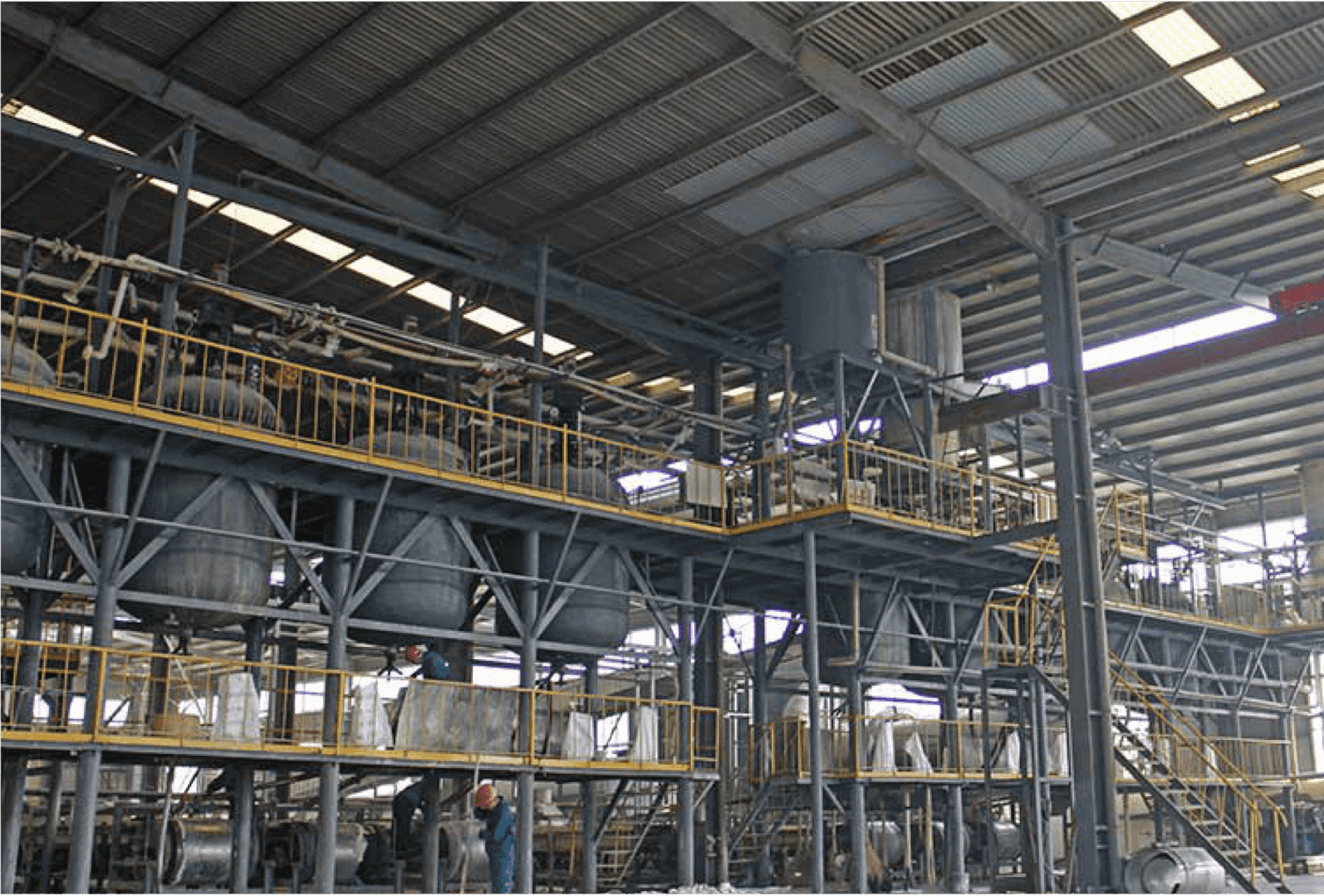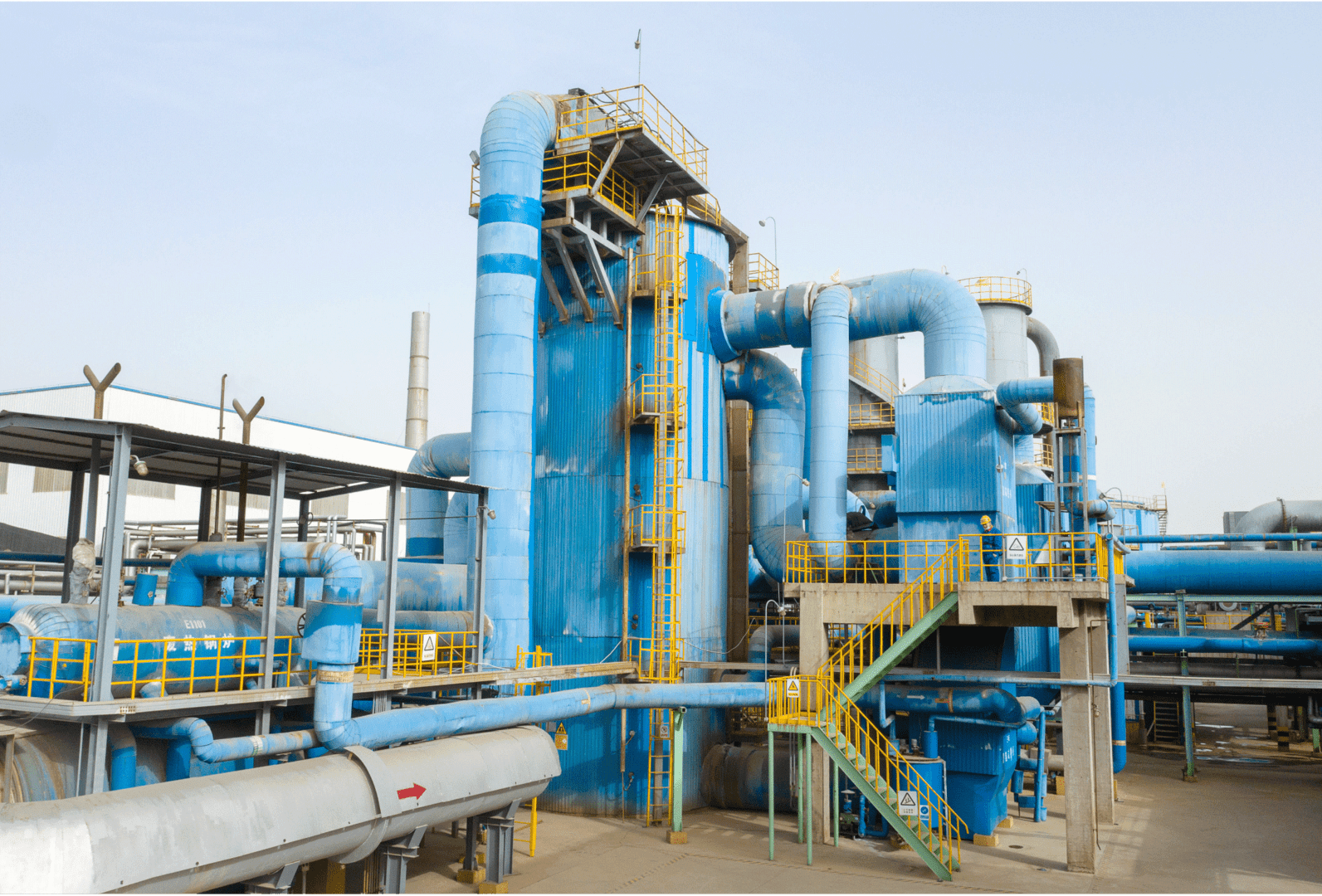LUVA’s Sulfuric Acid Plant exemplifies advanced chemical engineering, aiming to produce high-quality sulfuric acid. Distinguished by sophisticated process technologies and stringent quality standards, the facility stands out as an industry leader. Its uniqueness lies not only in playing a pivotal role in the manufacturing of chemical products but also in demonstrating outstanding applications across diverse sectors such as metallurgy, mining, water treatment, textiles, and energy. The plant’s efficiency and reliability make it a crucial supporter for stable supply and continuous development in various industries. Furthermore, LUVA is committed to environmentally friendly practices, incorporating sustainability elements into the design of the sulfuric acid equipment to mitigate environmental impact. This comprehensive set of features positions LUVA’s Sulfuric Acid Plant as widely recognized and indispensable across critical industries globally.
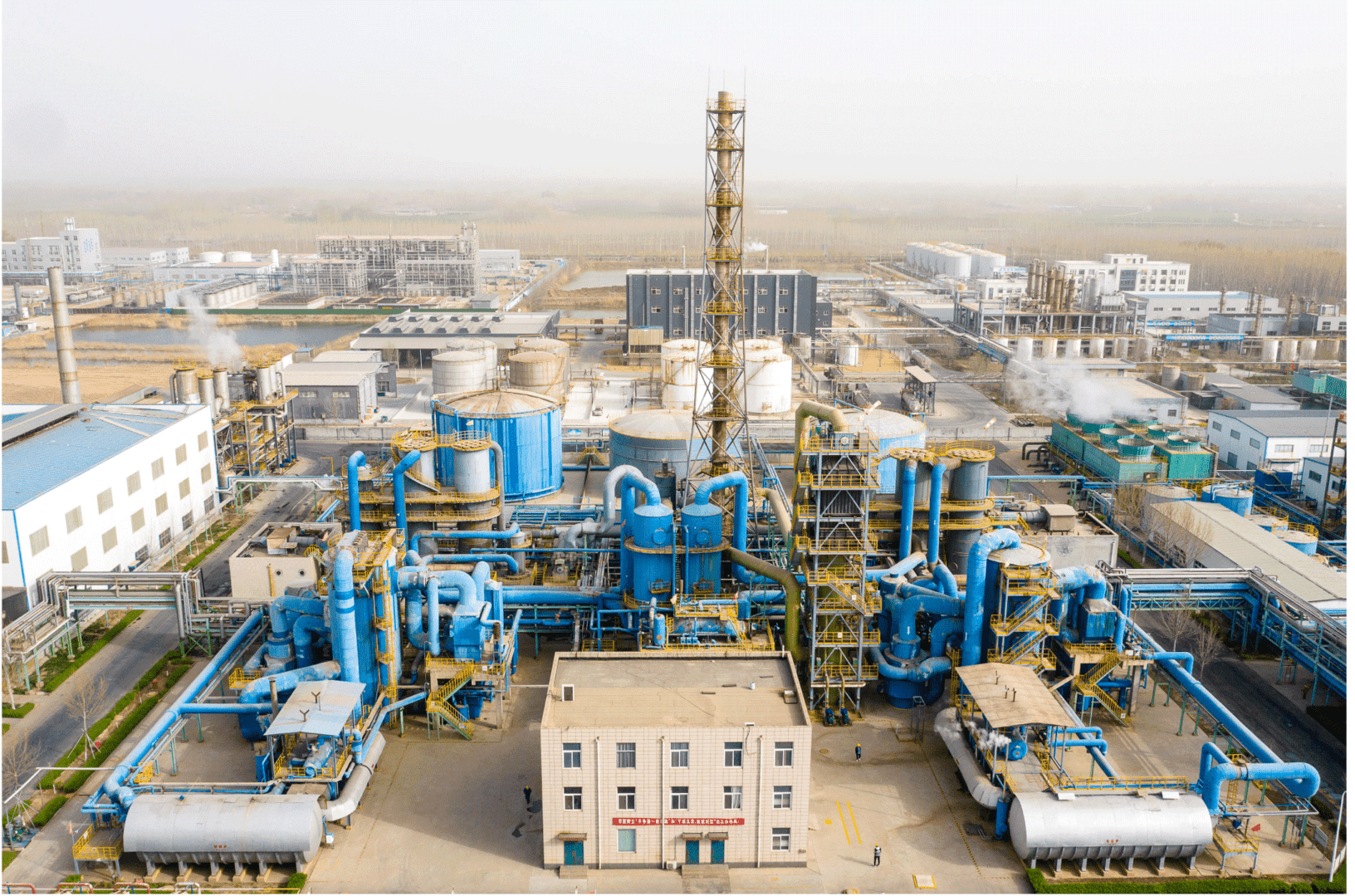
Sulfuric acid is composed of sulfur, oxygen, and hydrogen. Naturally, sources rich in these elements are selectedfor its production. The raw materials used include elemental sulfur, sulfur dioxide,or pyrite. Additionally, air andwater are also essential in the process.
Acid Storage
Dry & Absorption
Sulfur Burning & Conversion
Sulfur Melting
Tail Gas Absorption
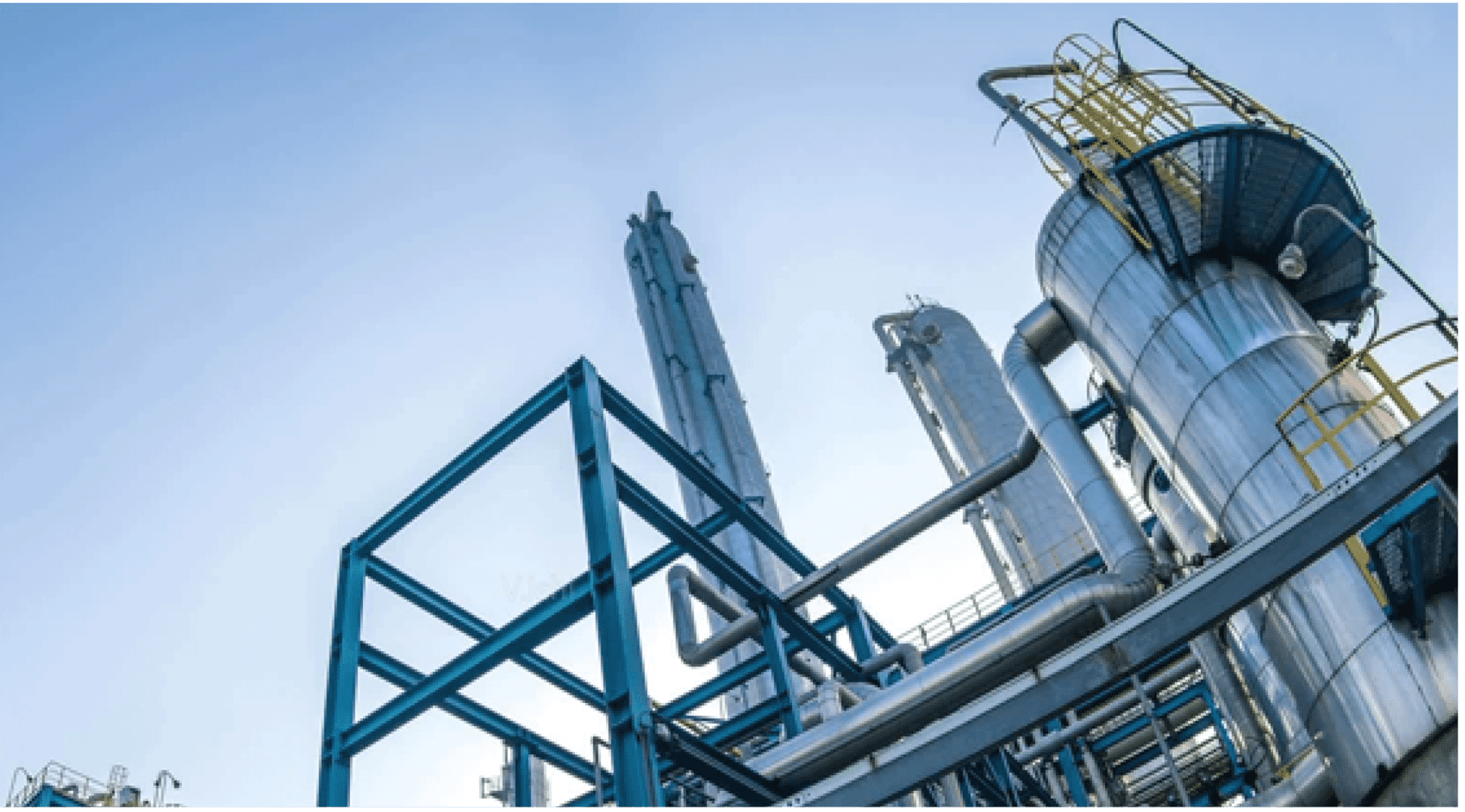
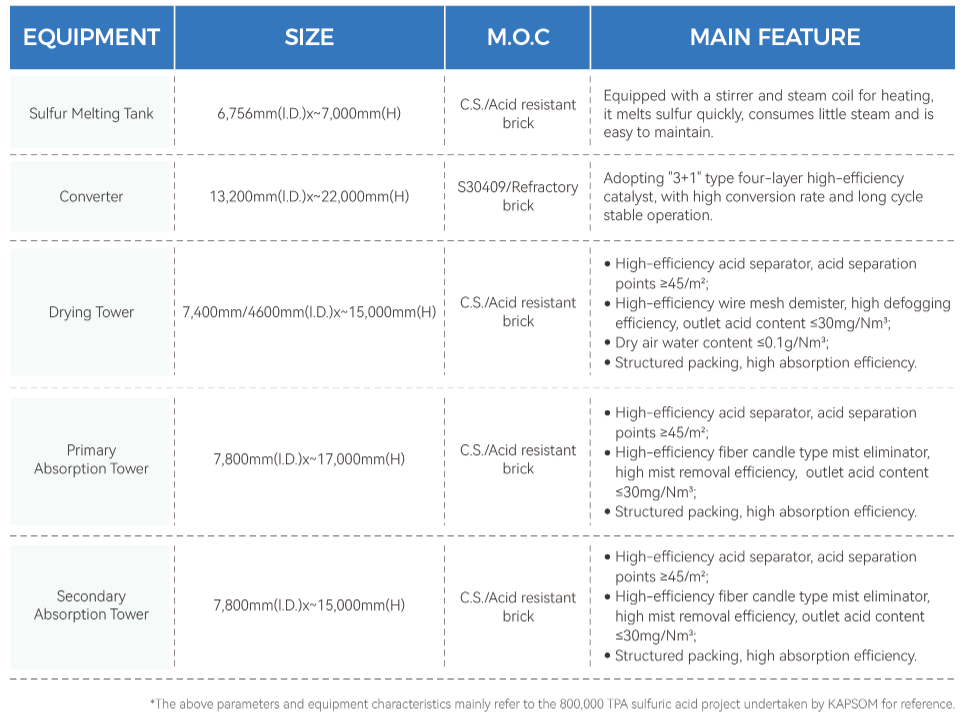
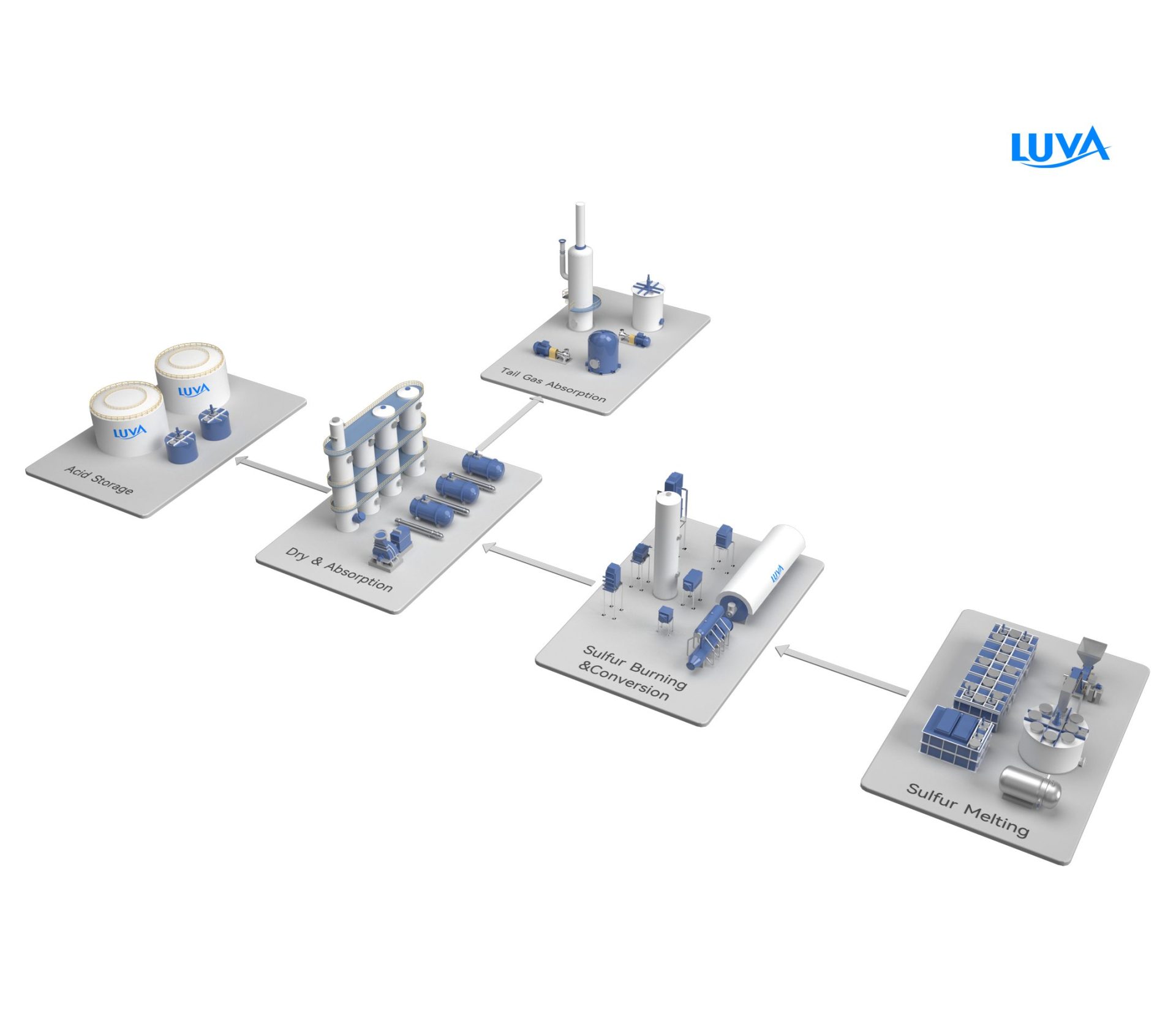
Adopting the "3+1" or "3+2" two-transformation and two-inhalation process, the total conversion rate is as high as over 99.8% (over 99.9% in the first three years).
The drying tower uses 98% acid dry air to achieve high efficiency and low moisture content.
The drying and absorption tower adopts the circulation process of tower-acid circulation tank-acid pump-acid cooler-tower, which reduces the platform elevation and investment cost.
Set up waste heat boilers, economizers, and superheaters to fully recover the heat generated by sulfur conversion and use it for power generation, reducing carbon emissions, and at the same time having certain economic benefits.
Using an automatic distributed control system, the production control and adjustment of the acid making unit can be completed in the central control room.
The fan is located in front of the drying tower to prevent corrosion problems in the main fan and improve the durability of the equipment.
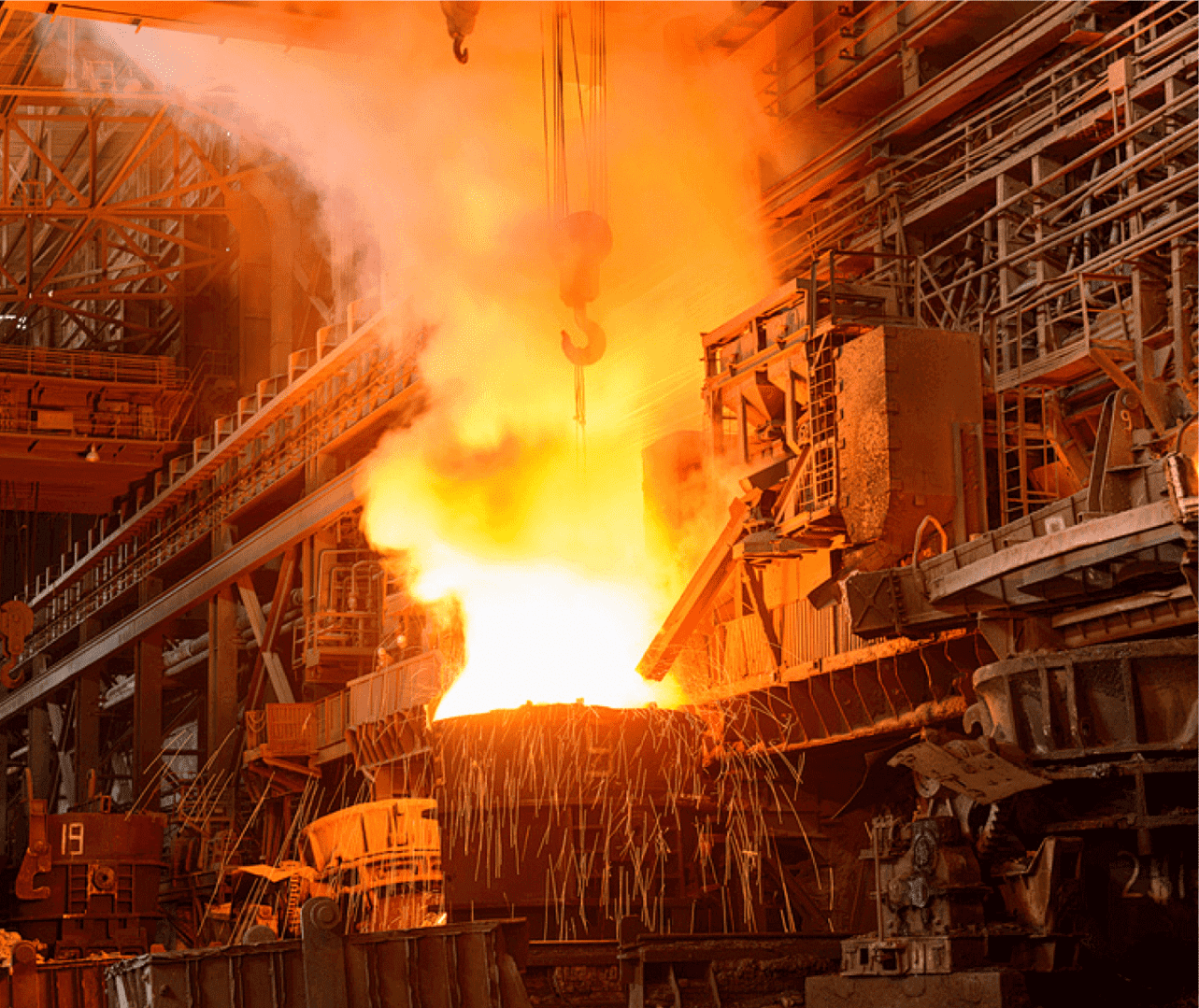
Functions as a pivotal feedstock for metal extraction, copper smelting, and molybdenum production.

Serves as a synthetic intermediate in the production of specific pharmaceuticals.
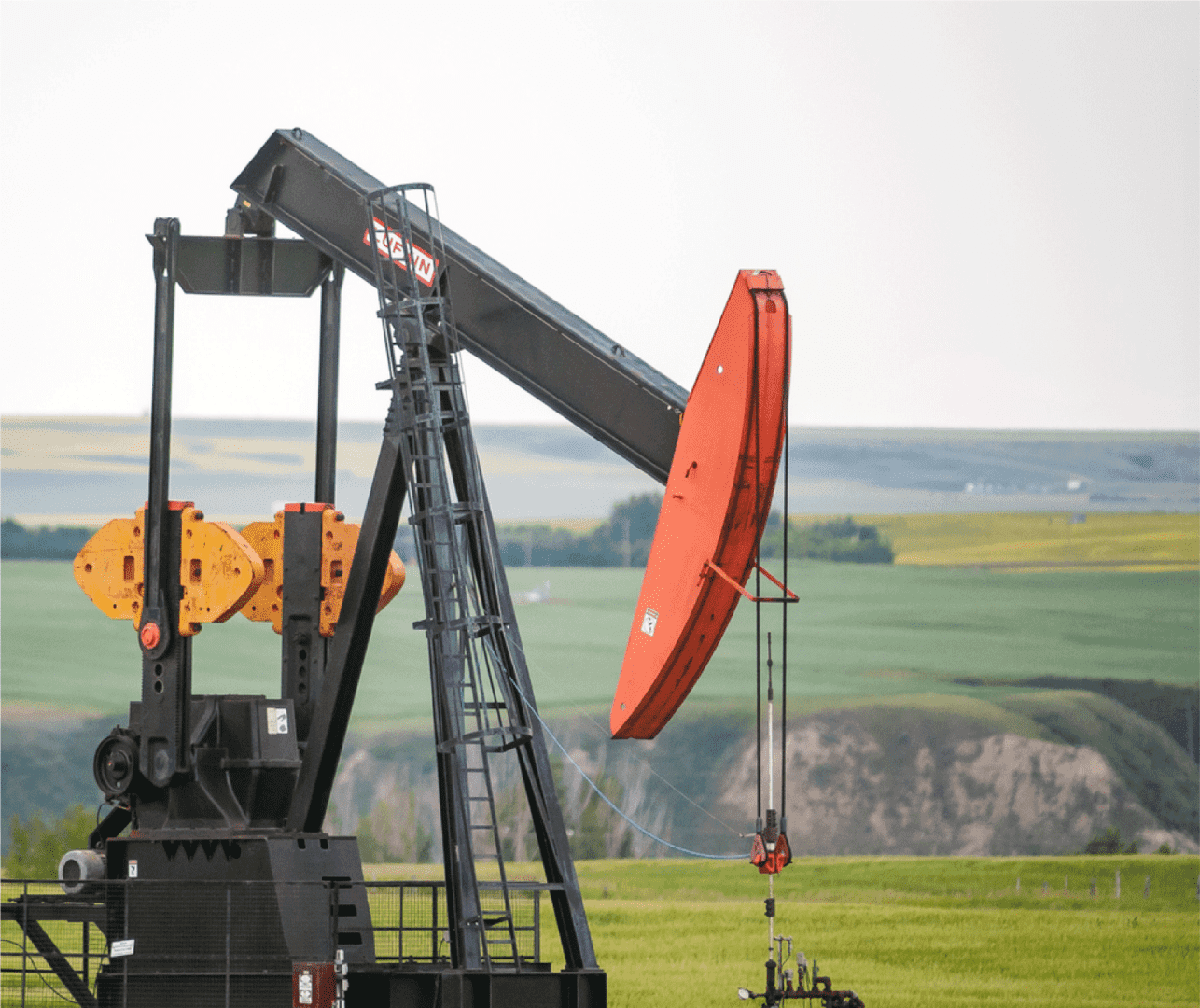
Utilized in dewaxing and desulfurization processes within petroleum r efining.
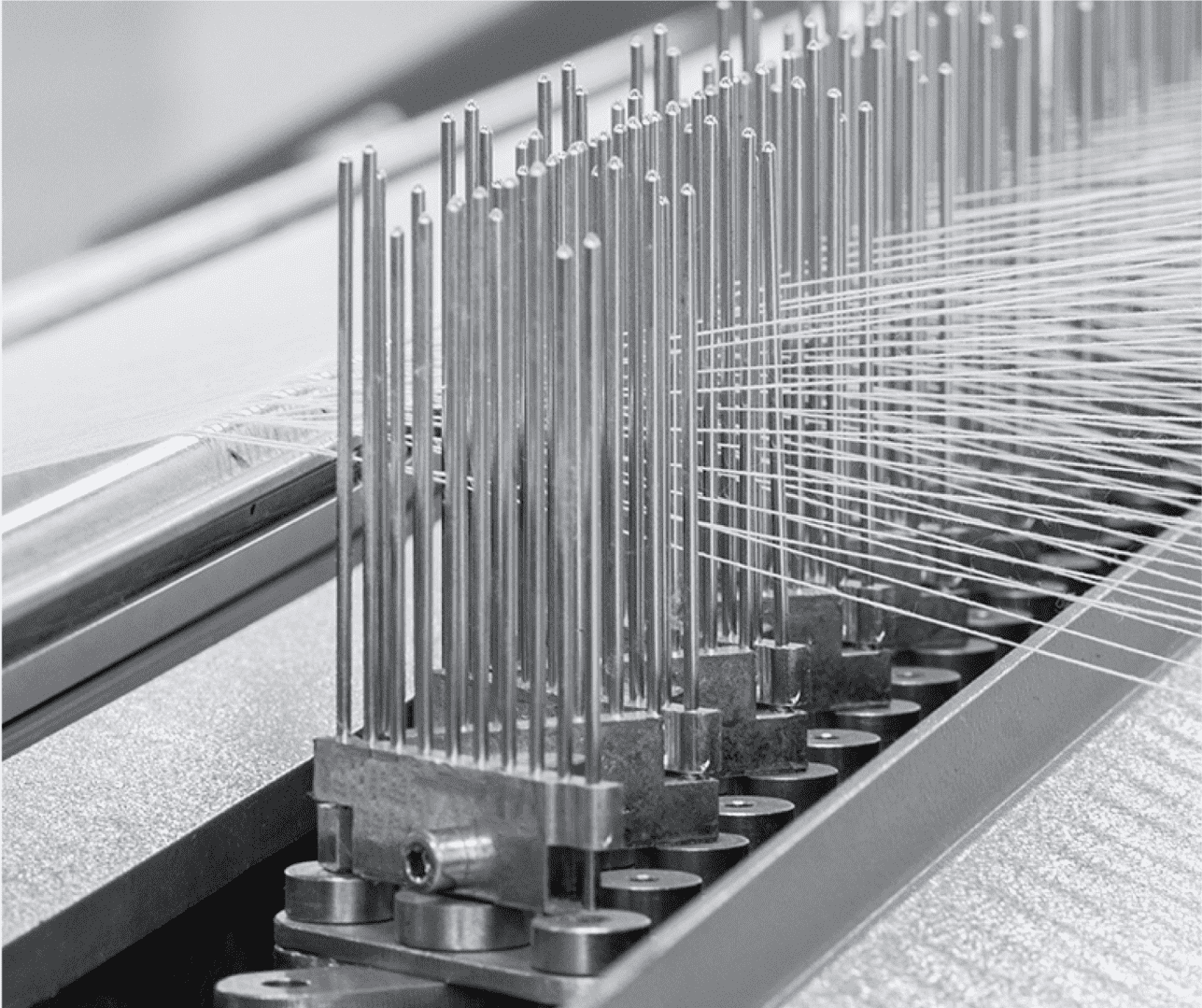
Utilized for fiber dyeing and finishing processes.

Integral in the production of lead-acid batteries.
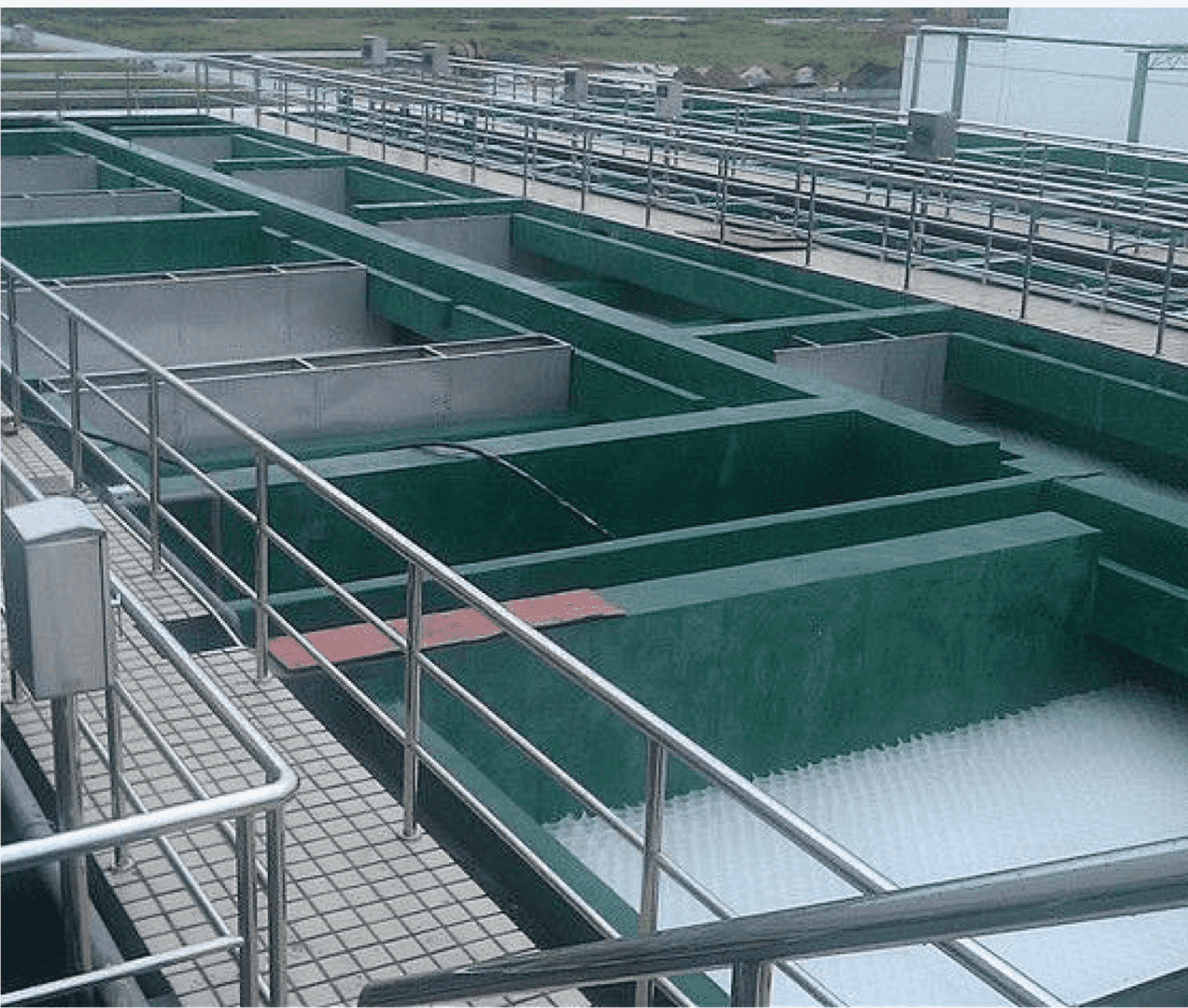
Utilized to modulate wastewater pH and eliminate metal ions.
